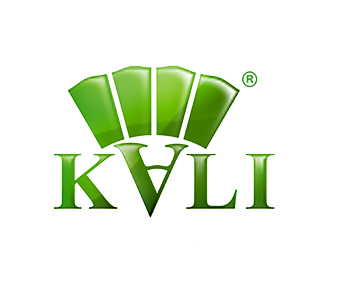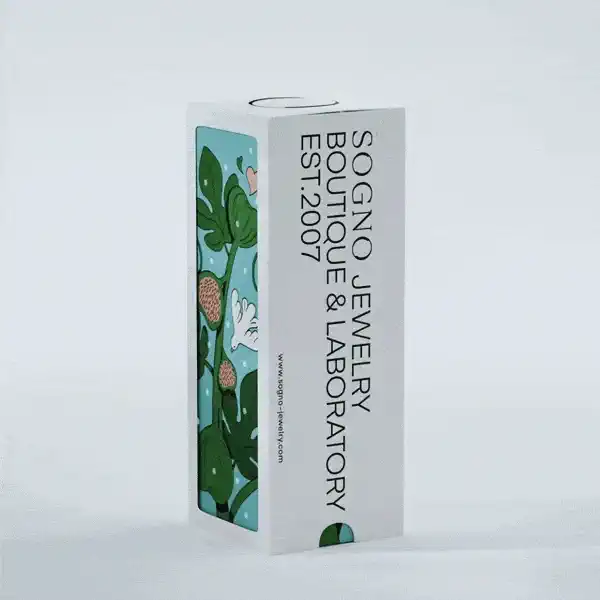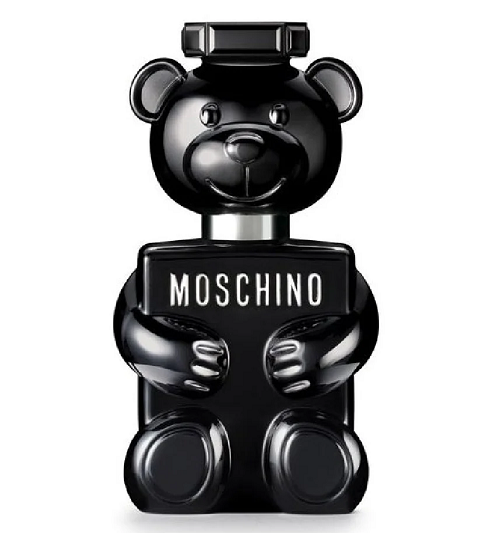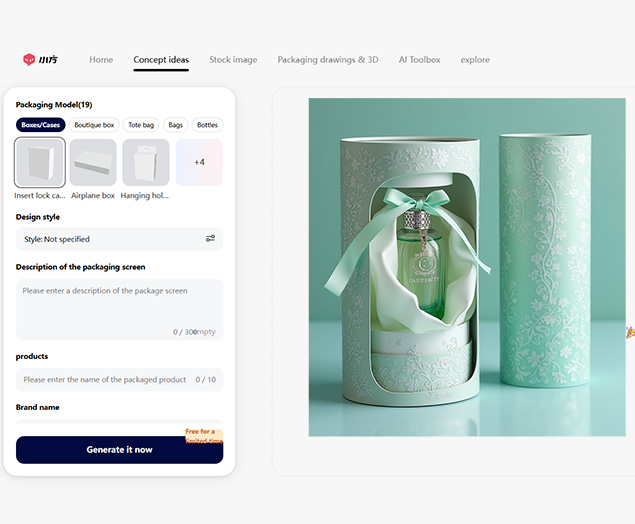Why 2023 Could Be the Era of Sustainable Packaging: Understanding the Movement Towards a Greener Future
The world is waking up to the significant environmental impact of packaging waste, and the demand for sustainable packaging solutions is increasing. As consumers become more eco-conscious, businesses must adapt to meet their demands and expectations. 2023 has the potential to be the year of sustainable packaging, where we see significant changes in the way we package our products to minimize our environmental impact. In this article, we will explore why 2023 could be the era of sustainable packaging and the movements toward a greener future.

Why 2023 Could Be the Era of Sustainable Packaging
The Growing Need for Sustainable Packaging
The packaging industry is the third-largest generator of waste globally, accounting for 14% of all municipal solid waste. The amount of packaging waste has continued to increase over the last few decades, leading to negative environmental impacts such as pollution, greenhouse gas emissions, and depletion of natural resources. Consumers have become increasingly aware of these environmental issues, and they are demanding that businesses take responsibility for their environmental impact through sustainable packaging solutions.
Government Regulations
Many countries worldwide are pushing for sustainable packaging through regulatory policies aimed at reducing packaging waste. The European Union (EU), for instance, has introduced a package of proposals aimed at ensuring that all packaging is recyclable or reusable by 2030. Similarly, China has introduced regulations aimed at curbing the use of single-use plastics, with a complete ban on single-use plastics in retail outlets by 2022. Other governments worldwide are following suit in implementing policies that promote sustainable packaging.
Increased Corporate Responsibility
Leading businesses worldwide are also taking significant steps towards more sustainable packaging solutions. Major companies such as Coca-Cola and Nestle, for example, are optimizing their packaging by switching to recycled materials, reducing packaging weight and size, and investing in new sustainable packaging technologies. These efforts not only minimize environmental impact but also improve the companies’ brand reputation.
Advancements in Packaging Technology
Advancements in packaging technology have also made it possible for businesses to invest in sustainable packaging solutions that are eco-friendly, convenient, and affordable. For instance, biodegradable plastics and recycled materials are becoming more accessible and cost-effective. Moreover, advanced packaging technologies like smart packaging, digital printing, and antimicrobial materials are emerging to help reduce packaging waste and improve product safety.
Consumer Demand
Consumers worldwide are demanding sustainable packaging solutions, and this has become increasingly more evident. The packaging industry is rapidly responding to these demands by offering more eco-friendly options. Consumers are choosing products packaged in biodegradable plastics, recycled paper, and other sustainable packaging materials. Many consumers are also willing to pay more for sustainable packaging in the products they buy.
Benefits of Sustainable Packaging
Sustainable packaging offers multiple benefits to businesses and consumers beyond reducing environmental impact. Implementing sustainable packaging solutions provides an opportunity for businesses to save on operational costs by optimizing packaging size, weight, and materials. In addition, sustainable packaging solutions can improve product safety and quality by utilizing advanced technologies and materials. Moreover, businesses implementing sustainable packaging solutions can differentiate themselves from their competitors and appeal to a growing eco-conscious consumer base.
Challenges of Implementing Sustainable Packaging
The implementation of sustainable packaging solutions comes with its challenges. One of the main limitations is the cost of implementing new sustainable packaging options initially. Biodegradable plastics and advanced packaging technologies can be more expensive than traditional packaging materials, and some businesses may not be able to absorb these costs. Another area of concern is that sustainable packaging solutions may not always be as convenient or functional as traditional packaging materials. Hence, it is essential to choose packaging materials that provide adequate protection against damage during transit, storage, and use while still being eco-friendly.
Moving Towards a Sustainable Future
Sustainable packaging solutions can play a significant role in reducing waste, improving environmental health, and fostering a sustainable future. However, addressing the environmental challenges posed by packaging waste requires a coordinated effort from everyone in the supply chain, including consumers, businesses, and governments. Consumers can continue to demand eco-friendly products and packaging solutions from businesses while supporting policy initiatives that encourage sustainable packaging practices. Business can adopt sustainable packaging solutions and implement circular packaging models that minimize waste and maximize resource efficiency. Finally, governments can introduce policies and regulations aimed at promoting sustainable packaging and holding businesses accountable for their environmental impact.


Top 10 Creative Cosmetic Packaging Design Ideas & illustrations 2023 | Luxury-Paper-Box.Com

10 Customs Of The Spring Festival (Lunar New Year) You Need To Know

Top 10 Best Lattafa Perfumes for Women & Men in 2024

Top 10 Best Packaging Design Software 2023 (Free & Paid)

Best Chocolate Packaging Designs of 2025

Natural Concept Perfume Design Ideas: Tell Your Brand Story



 kali@luxury-paper-box.com
kali@luxury-paper-box.com



